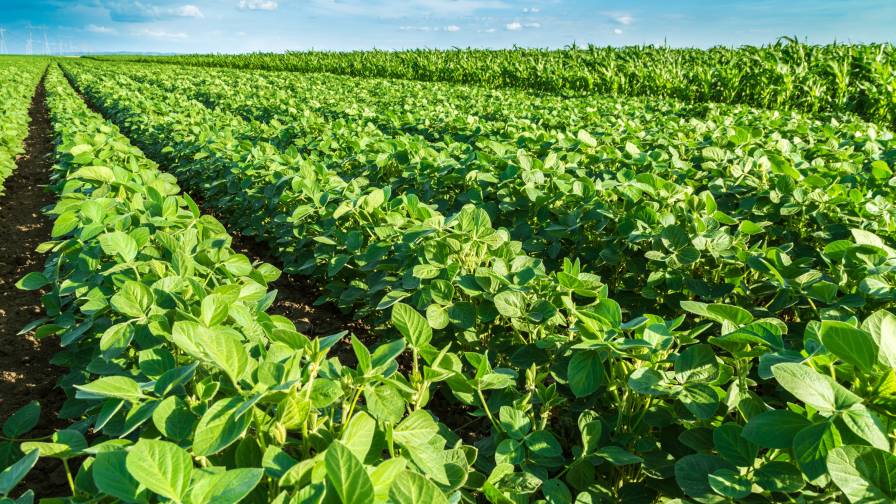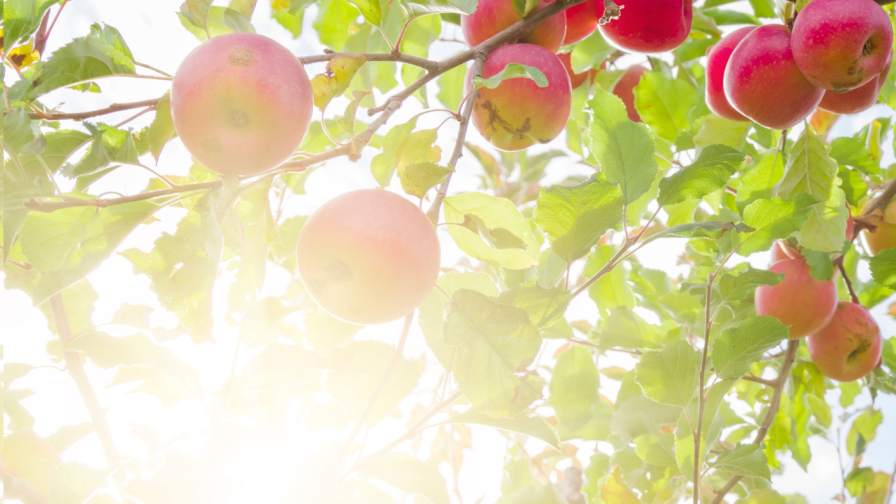Chengdu Newsun apresenta tecnologia proprietária baseada em Coronatine no 14º Programa Nacional de P&D de cinco anos da China
Como parte do 14º Programa Nacional de Pesquisa e Desenvolvimento (P&D) Quinquenal da China (Código do Projeto: 2023YFD1700600), um grande evento de demonstração de campo foi realizado em 31 de maio de 2025, no Condado de Xiayi, Província de Henan. O evento apresentou a aplicação de novos reguladores de crescimento vegetal (PGRs) para aumentar a produtividade e a resiliência do trigo, apoiando a campanha estratégica da China para aumentar a produtividade das culturas por meio da inovação.
Organizado sob a orientação técnica do Centro Nacional de Extensão e Serviços Agrotecnológicos e realizado pela Estação Provincial de Proteção Vegetal de Henan e pelo Departamento de Agricultura do Condado de Xiayi, o evento demonstrou o impacto real de diversas soluções avançadas de RGP. Um dos pontos principais foi a coronatina, um regulador de crescimento vegetal derivado de micróbios desenvolvido e industrializado pela Ciência de Cultivos Chengdu Newsun Co., Ltd.
Em parcelas de demonstração de trigo no Condado de Xiayi, Província de Henan, os campos tratados com coronatina alcançaram um aumento médio de produtividade de 12.65% em comparação com os controles não tratados. As lavouras tratadas apresentaram forte vigor, maturidade uniforme e grãos dourados e bem preenchidos. Não foi observado acamamento ou senescência prematura, e a incidência de doenças como o carvão solto foi significativamente reduzida. Especialistas observaram o forte potencial da coronatina para melhorar a estabilidade da produtividade e a resiliência ao estresse em condições de campo desafiadoras.
“A coronatina é um exemplo poderoso de como a inovação biotecnológica pode beneficiar diretamente a produtividade de culturas básicas”, disse o Dr. Jin Huang, chefe do Centro de Inovação em Biorregulação e Bioestimulantes da Chengdu Newsun. “Nosso instituto tem trabalhado extensivamente para traduzir a biociência fundamental em soluções práticas e prontas para o campo. Este teste comprova o valor único da coronatina para sistemas de produção em larga escala.”
Coronatine é um regulador de crescimento vegetal de última geração que imita as vias naturais de sinalização do ácido jasmônico, aprimorando as respostas de defesa e a resiliência fisiológica das plantas. Além do trigo, demonstrou forte desempenho na promoção da germinação de sementes em baixas temperaturas, melhorando a tolerância à seca e aumentando a produtividade nas principais culturas de grãos e oleaginosas.
O mecanismo biológico da coronatina foi descrito na literatura científica recente. Um estudo recente publicado na Plant Physiology pela equipe do Professor Duan Liusheng, da Universidade Agrícola da China, revelou que a coronatina modula o alongamento dos internódios e o desenvolvimento celular, regulando fatores de transcrição bHLH antagônicos por meio da sinalização brassinosteroidal.





